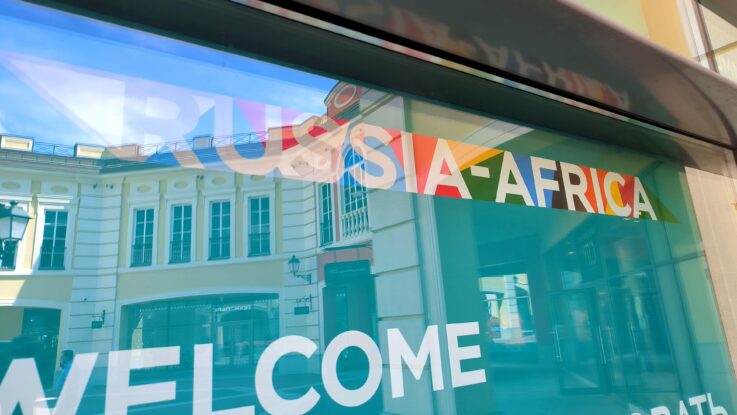
Heads of government from the Russian Federation and African states, along with representatives from the African Union and Africa’s integration organizations, gathered in late July to reaffirm their agreement and cooperation against common threats to information technologies and communications networks.
The leaders also reaffirmed the goals of the Russia-Africa Partnership Forum Action Plan during their joint meeting in Saint Petersburg, Russia.
Nonetheless, their “declarations” in support of human rights and using technology for risk reduction — not to mention their rejection of disinformation, terrorism, and cybercrime — struck some as ironic and others as cynical, given Kremlin support for state-sponsored cyberattacks and other global Internet malfeasance.
“This feels like they are meeting with African nations under the pretense of reasonable aims of the international community,” says Elliott Wilkes, CTO of Advanced Cyber Defence Systems. “But considering all of the other bellicose actions by Russia, Russian-state backed groups, and Russian-state aligned groups that have been allowed to commit cyberattacks with impunity, this amounts to diplomatic subterfuge, sleight of hand on the international stage.”
Wilkes adds that any development of moving information security towards an internationally recognized standard and ensuring the protection of ICT should be celebrated; however he feels these efforts are disingenuous at best.
None of that deterred Russian President Vladimir Putin, who proclaimed in his opening remarks at the summit that Russia and African countries are strengthening cooperation, “in preventing the proliferation of the terrorist threat and in responding to information security challenges.”
Begin Work at Home
But Putin’s work needs to start at home, Wilkes adds. “Russia needs to manage malicious cyber activity coming from its own country before it will have legitimacy with the West in terms of enforcing and upholding cyberspace norms.”
Likewise, Brian Honan, CEO of BH Consulting, supports international initiatives to tackle cybercrime, and those who fight cybercrime need more cross-border cooperation and data sharing. But Honan cites concern over Russia’s documented history of multiple criminal gangs operating within its borders with impunity.
“The current geopolitical strains between Russia and the rest of the world will make any international treaties backed by Russia difficult to support and maintain,” he says.
The first Russia-Africa summit was held in 2019, and according to a pro-Russian publication, and the focus was on trade. The summit coincided with a number of African countries going through a series of infrastructural and digital transformations intended to improve the quality of life of the people who inhabit the continent.
However, the July meeting exposed Russia’s diminished influence, due to the war in Ukraine and reduced trade volumes between Russia and African. Only 17 African leaders attended, according to reports, far fewer than the group’s 2019 meeting or for a similar meeting in December with President Joe Biden that dozens of African leaders attended in Washington.